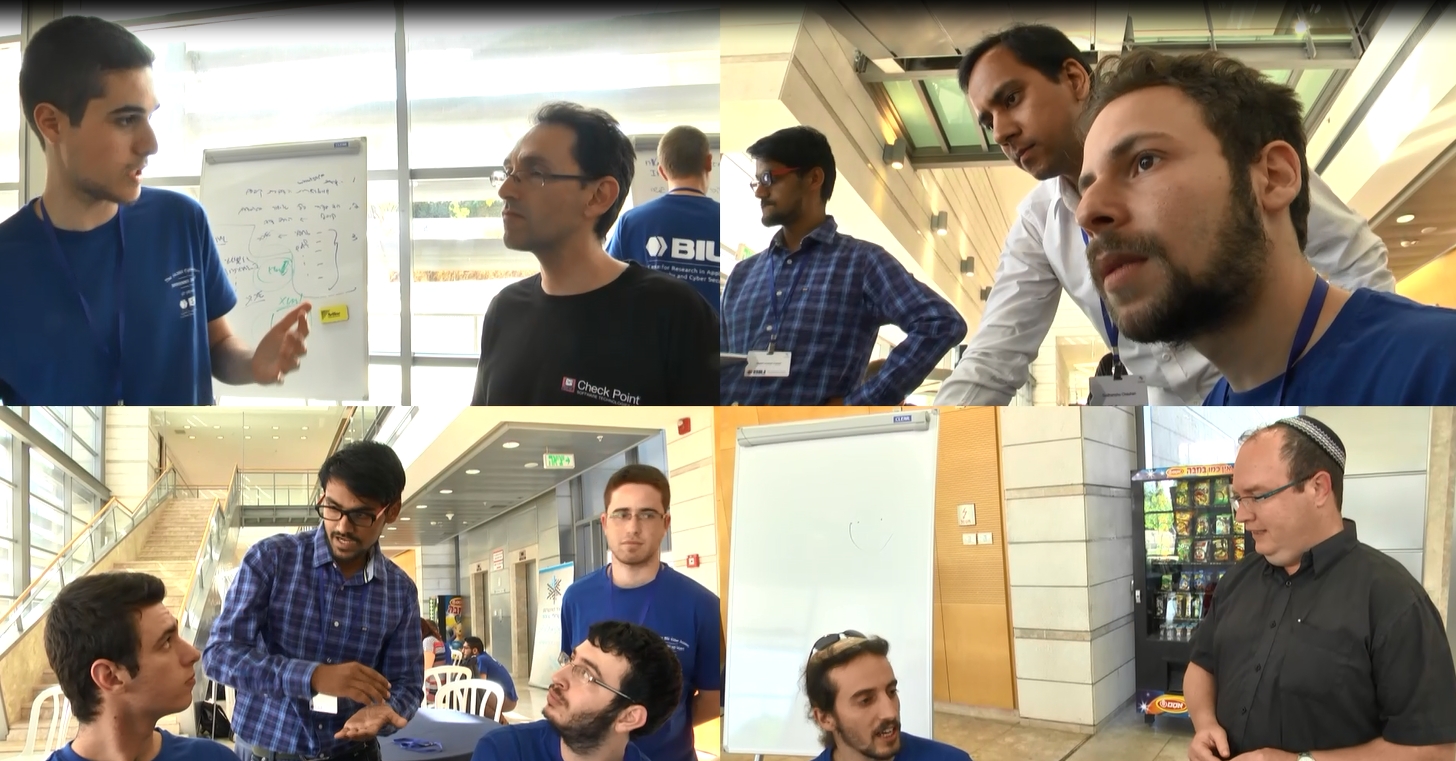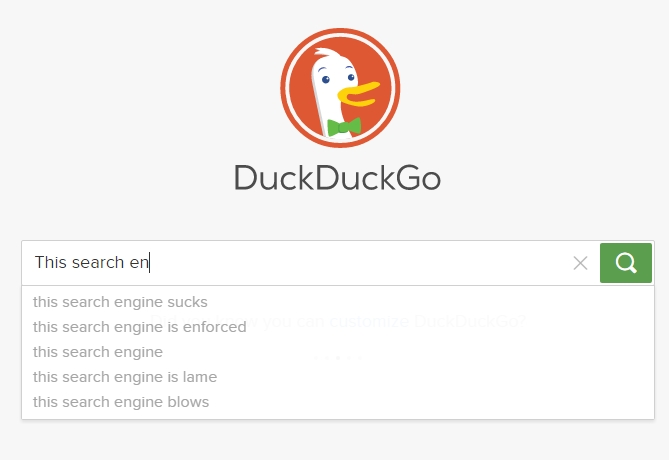
Exclusive: Encryption Mechanism Breach on DuckDuckGo
A three days long hackathon on the subject of anonymity on the web at Bar Ilan University has exposed breaches in the encryption mechanism of the search engine that boast using the slogan “The search engine that doesn’t track you”. The vpnMentor team cover exclusively the hackathon and accompanied the teams from day one up until the astonishing exposure.
The first hackathon on the subject of anonymity on the Web in Israel, the country which boasts an advanced cyber industry.
Israel, renown as the Start Up Nation has sprouted up numerous cyber firms. For many credit has to be given to the veterans of the Israeli Intelligence Corps who accumulate during their military service a wealth of experience that they bring to the private sector. During the first hackathon to take place in Israel on the subject, a few dozens of people gathered to try and crack sites considered to be secured. The students’ teams were accompanied by experts from the academia and the industry including: Dr Moti Geva, Prof Benny Pinkas, Prof Yehuda Lindell, Dr Tal Steinherz, Inbar Raz, Mr Amit Ashkenazi, Mr Asi Barak, Mr Sudhanshu Chauhan and Mr Kumar Panda.
No one had expected the search engine which boasts non-tracking its users to be revealed as exposed to anybody who checks its outgoing traffic.

Industry and academy mentors assisting students in the hackathon.
The Auto Suggest mechanism of the search engine enables the identification of whatever the user keyed in.

DuckDuckGo Auto Suggest, as recorded today.
The problem facing the winning team was to determine whether an information leakage from encrypted channels of search engines. The team managed to identify searches which had leaked through the Auto Suggest mechanism of the (supposedly) encrypted DuckDuckGo. They also managed to demonstrate it. What is significant is that whoever is listening to the search traffic is able to see what the user is searching for. So, for instance, when I click on the letter A, the server of the search engine returns to me an AutoComplete, suggesting to me how to complete the word. If I continue and click on B, the search engine will suggest words starting with AB. This way, supposedly, it is possible to create a mechanism which understands what are the words that I have started keying in (and seemingly have finished).
The victorious team comprised participants from both Hebrew and Bar Ilan Universities, demonstrating collaboration across institutions. Notably, the group consisted of three female members, surpassing the event's overall female participation rate of 15%. This is particularly significant considering the traditionally lower representation of women in technological fields. We are delighted to witness how the diverse contributions, including those from the female participants, played a crucial role in achieving the winning position and enhancing the overall achievement.
Update: a few hours after publishing this story, we managed to get an official response from DDG (vpnMentor tried contacting DDG for a response last week already). See the communication we had with DDG.



